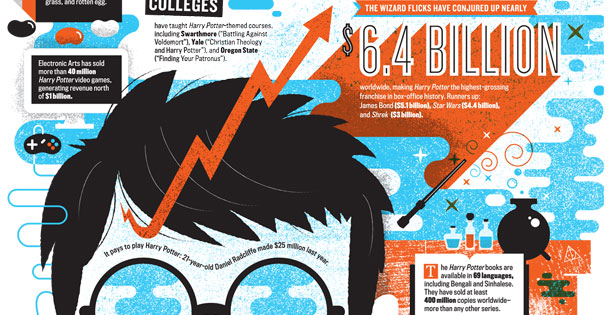Adweek (@Adweek) says, “Call them the FB generation.” They consider technology a sixth sense.
McCann Worldgroup’s (@mccann_wg) newly completed global survey “The Truth About Youth,” which polled 16-to-30-year-olds, concludes that millennials live in a new “social economy” in which the power of sharing and recommending brands cannot be overstated. (Past generations defined themselves by material possessions or experiences.)
This group, according to the study, lives outloud, emphasizing public self-definition, life narration, and broadcasting via blogging platforms, digital cameras, and cheap editing and design software.
In the words of one study respondent: “If there are no pics, it didn’t happen.”
The agency’s takeaway: Brands should follow the top 5 traits young people say they look for in their social friends. Advertising should be truthful, genuine, sociable, mature, and humble to connect.
The biggest mistake marketers make? Overestimating their own importance. Young consumers say they quickly tire of brands that clutter up digital feeds with what they see as useless information.
Read the report in full.
Also see ClickZ’s (@ClickZ) coverage by Anna Maria Virzi (@AnnaMariaVirzi), “Study: Millennials Value ‘Social Economy.’”
Another study of millennials, this one by Public Religion Research Institute (@publicreligion) and reported by RNS (@ReligionNewsNow), says a significant majority of that age group believe it’s permissible to disagree with their church teachings on abortion and homosexuality and still remain in good standing with their faith. They’re “committed to availability, conflicted about morality.”
Read the report in full.
Let Somersault help you research your market.













